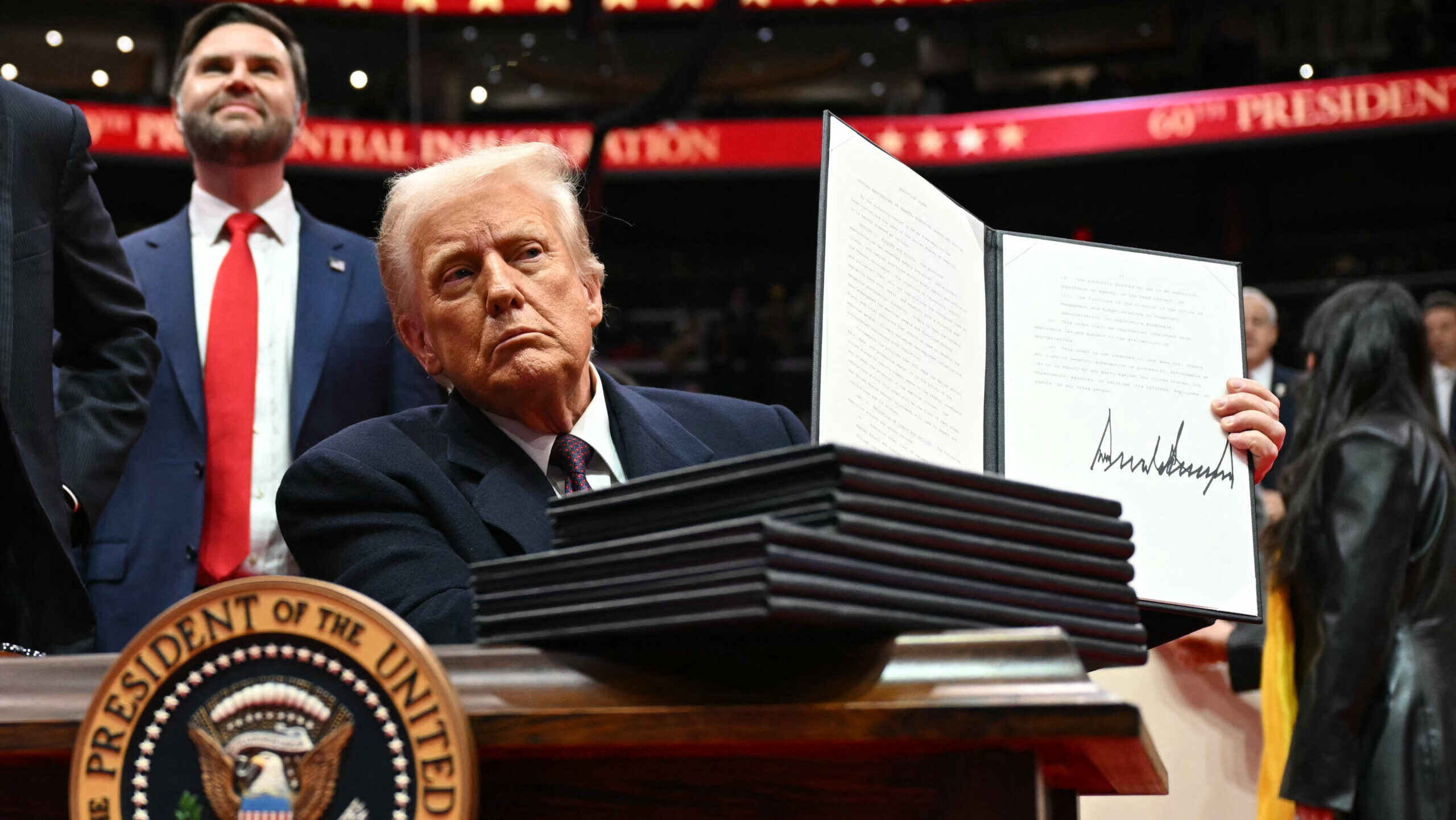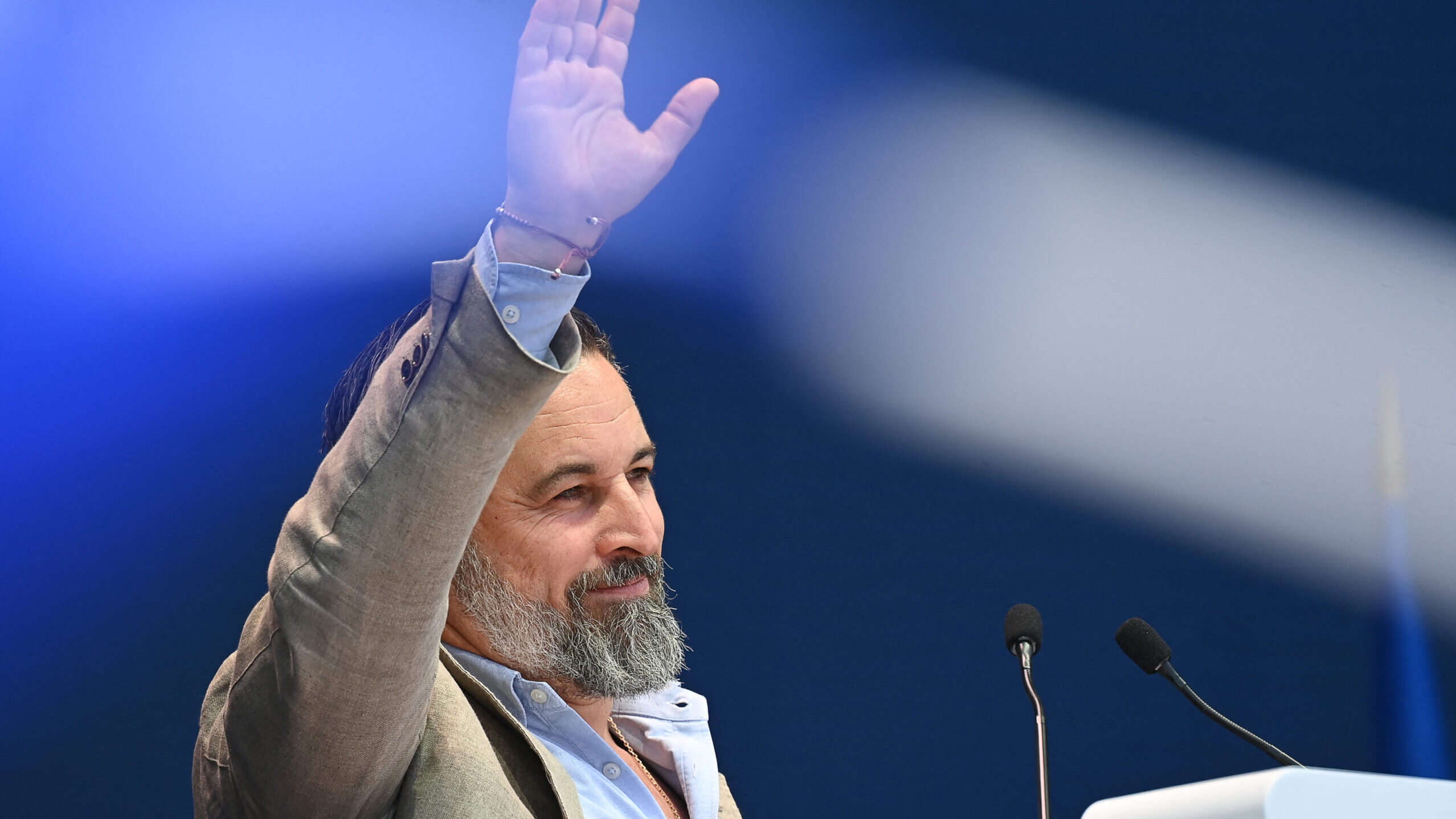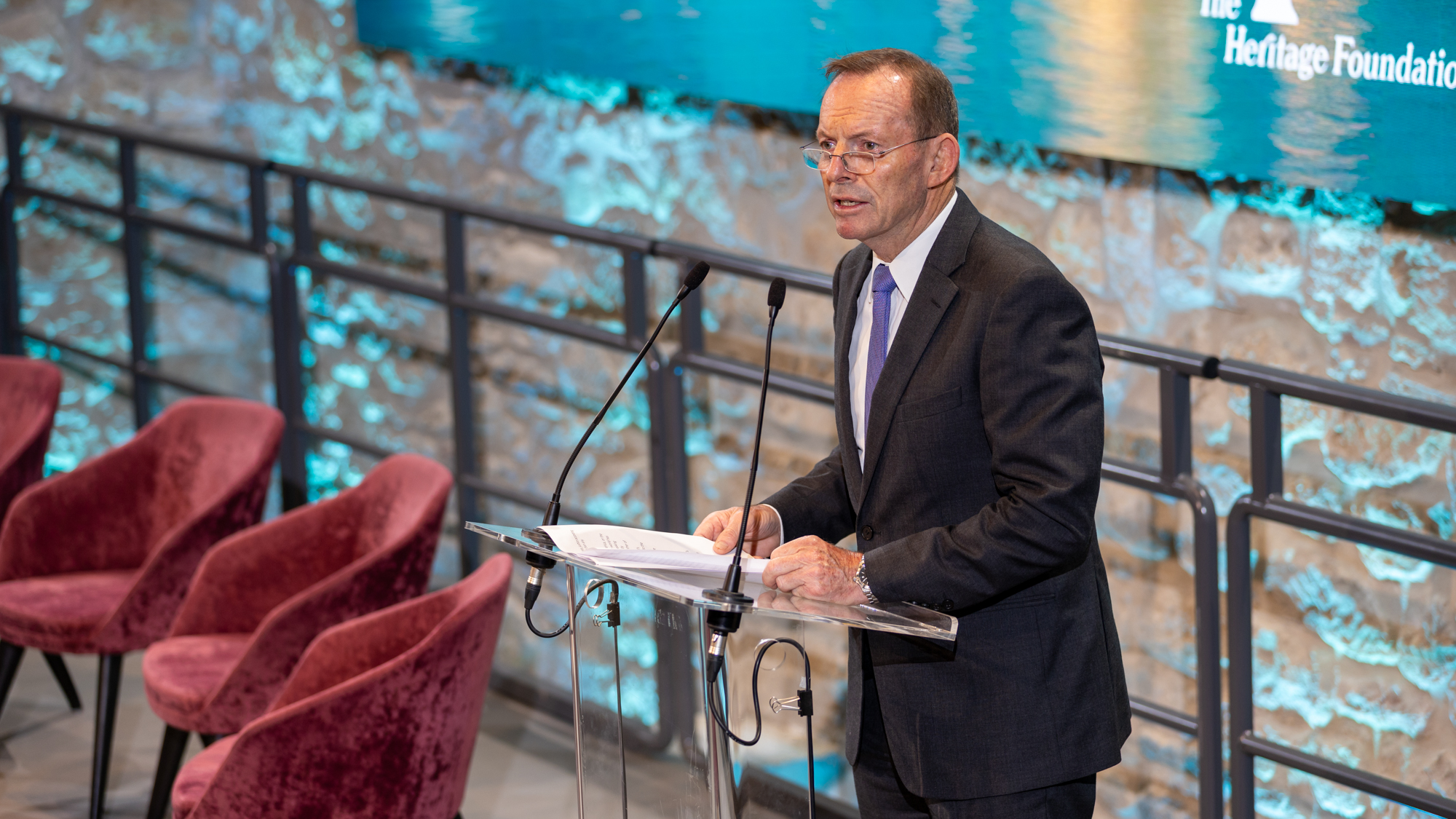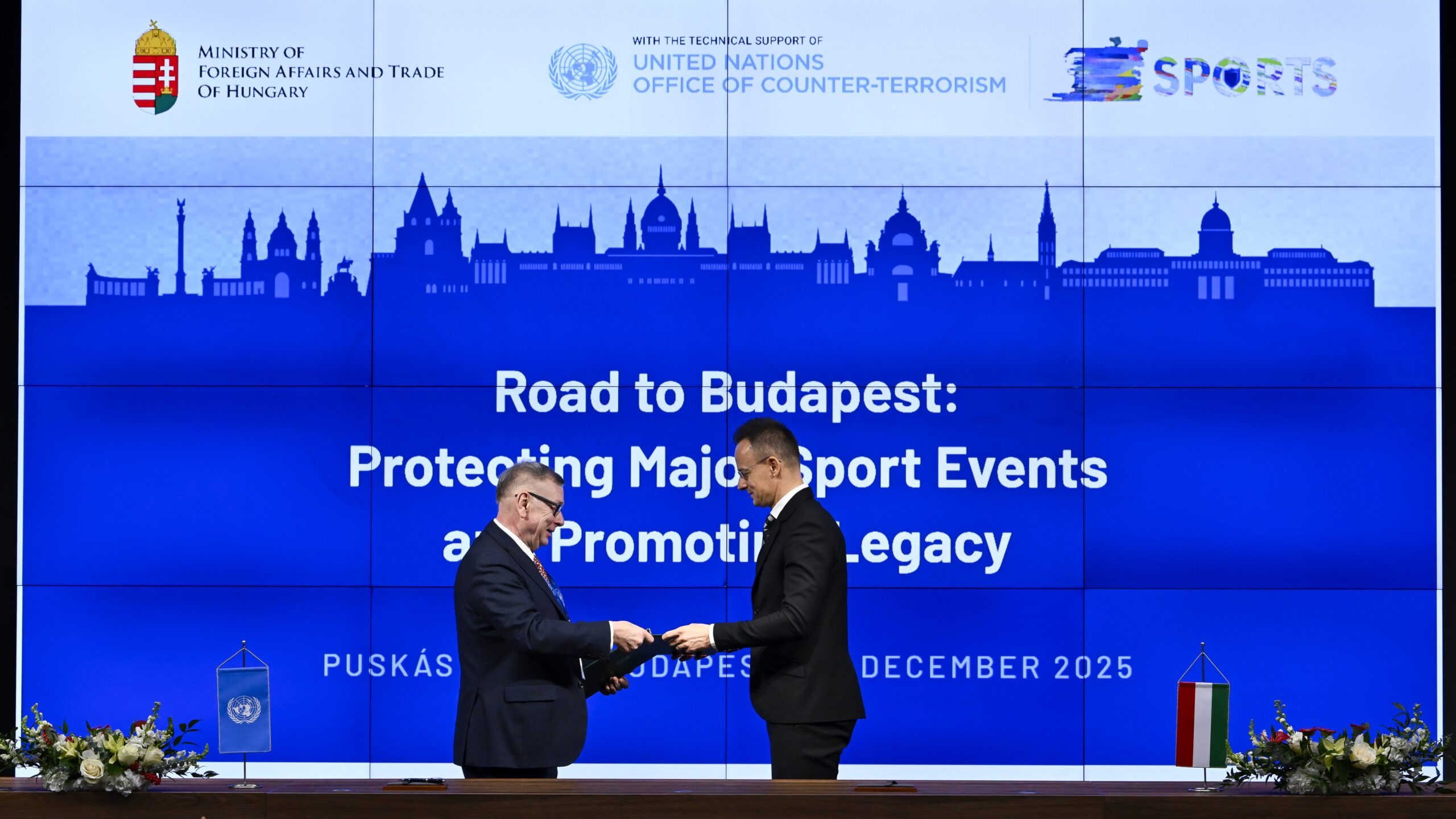
2025 — The Year of Turning Points
2025 is likely to be remembered as the year the post–Cold War order finally collapsed. From Donald Trump’s return to the White House and his America First diplomacy to the erosion of liberal institutions, trade realignment and the retreat of woke ideology, the foundations of a multipolar world have decisively taken shape.









